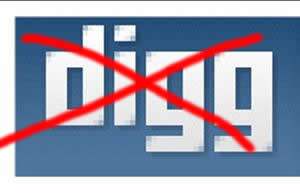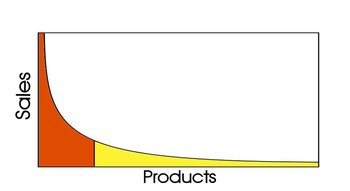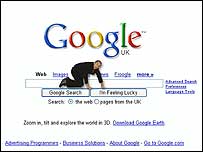This planned Exhibit on the Haunting of Geocities was
left out of the final version of Chapter 12: The Political
Economy of New Media for reasons of contemporaneity and space.
Geocities, first founded in 1994, now owned by Yahoo!, is a web
site hosting service. It provides free web space for
non-commercial use, supported by banner advertising, to anyone
wanting to set up a basic web site. The business model upon which
the service was based was simple: in return for providing a home
in cyberspace to ordinary web users, the company would sell
advertising space to other companies wishing to reach the millions
of eyeballs that would naturally be drawn to the many web sites
(initially labelled 'homesteads') that would eventually find a
place in the Geocities 'neighbourhoods'. By 1999, Geocities had
increased the intrusiveness of its advertising, but it still
enjoyed a massive user base, making it among the top five
destinations on the web (Gurak and Logie, 2003: 34). In the same
year, Yahoo! purchased the company, turning it into Yahoo!
Geocities and immediately publishing new terms of service. This
seemingly innocuous move caused outrage among a significant
proportion of former Geocities users.
At issue was intellectual property. Who 'owned' the content of
the hundreds of thousands of Geocities web sites? The original
Geocities terms of service included certain requirements on the
part of its members. The company reserved the right to take down
commercial or offensive sites, for instance. But the company made
no claim to ownership of the users' content. In stark contrast,
Yahoo!'s new terms claimed the 'royalty-free, perpetual,
irrevocable, non-exclusive and fully sublicensable right and
license to use, reproduce, modify, adapt, publish, translate,
create derivative works from, distribute, perform and display such
Content (in whole or part) worldwide and/or to incorporate it in
other works in any form, media or technology nbow known or later
developed' (quoted in Gurak and Logie, 2003: 34-35). This was an
extraordinarily far-reaching claim, and one that understandably
met with much resistance.
By the following day, thousands of Geocities members had
expressed their disgruntlement with Yahoo! and had started to band
together to protest against the move. Spearheading the campaign
was an unemployed software developer named Jim Townsend. Townsend
established a website and issued a manifesto urging fellow
Geocities members to boycott the new Yahoo! service, raise the
matter with the press and politicians, and undertake symbolic
forms of online protest, such as creating and disseminating
satirical banners and graphics.
By far the most effective protests came in the form of 'haunted'
web sites. These took the form of ordinary Geocities members'
sites that had been deliberately 'defaced' through the removal of
content. Links to Townsend's site were displayed on many haunted
sites, mainly due to the fact that his site rapidly emerged as the
place to visit for updates and his critique of the Yahoo! terms of
service. Within just two weeks, Townsend's site had received over
one million hits and most major news media had picked up the
story, resulting in the beginnings of an exodus away from
Geocities. Yahoo! had responded by posting two revised terms of
service, the second of which had proved acceptable to Lawrence and
the protestors. Yahoo!'s revised terms withdrew from a claim to
ownership of content and instead restricted use of members'
content to 'displaying, distributing and promoting' Geocities
sites (quoted in Gurak and Logie, 2003: 42). In the space of
around nine days, Yahoo! had been forced to reverse its policy.
References
Gurak, L. J. and Logie, J. (2003) 'Internet Protests, From Text To
Web' in McCaughey, M. and Ayers, M. D. (eds) Cyberactivism:
Online Activism in Theory and Practice (Routledge, London).




